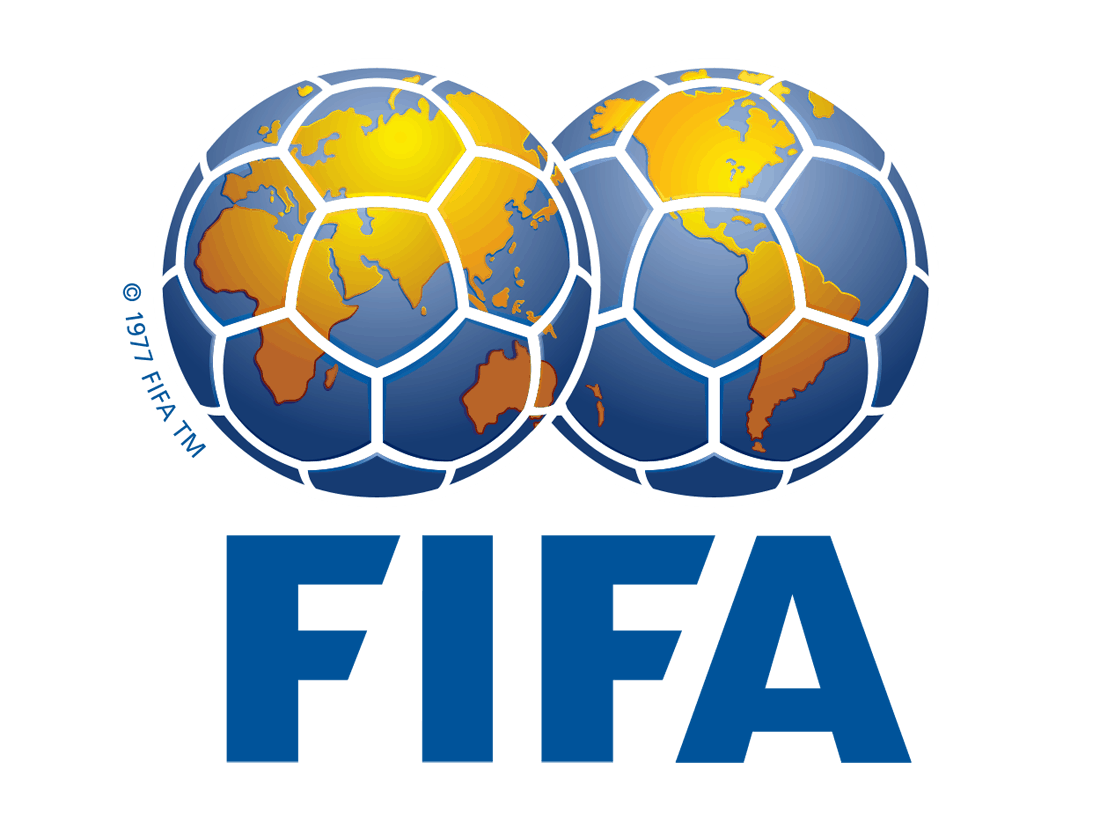Introduction to FIFA
The Fédération Internationale de Football Association, popularly known as FIFA, stands as the principal regulatory authority overseeing the sport of association football globally. But its jurisdiction isn’t limited just to that. It also supervises futsal and beach soccer, two variants of the conventional game of football. Founded in the early 20th century, FIFA has been instrumental in shaping the global landscape of football and promoting it to the world.
Membership and Global Representation
Boasting a membership of 209 national football associations from various corners of the world, FIFA is truly representative of the global passion and love for the sport. Each member association belongs to one of the six regional confederations, namely:
- The Confederation Africaine de Football (CAF)
- The Asian Football Confederation (AFC)
- The Union of European Football Associations (UEFA)
- The Confederation of North, Central America and Caribbean Association Football (CONCACAF)
- The Oceania Football Confederation (OFC)
- The Confederación Sudamericana de Fútbol (CONMEBOL)
These confederations, while operating semi-independently, still fall under the umbrella of FIFA and adhere to its statutes and regulations.
The Heart of FIFA – Its Headquarters
Nestled in the picturesque city of Zurich, Switzerland, FIFA’s headquarters stands as a testament to its longstanding dedication to the sport. Zurich offers a neutral ground, given Switzerland’s long-standing tradition of neutrality, making it an ideal location for such an international organization.
Leadership
As of the last known data, Sepp Blatter held the position of president of FIFA. The president’s role is pivotal in steering the direction of FIFA and making consequential decisions about the game and its many global initiatives.
FIFA’s Most Prestigious Endeavor – The World Cup
While FIFA is responsible for numerous tournaments, the World Cup remains its crown jewel. Every four years, the globe tunes in as nations compete for the coveted trophy, marking them as the best football team in the world. The Men’s FIFA World Cup and the FIFA Women’s World Cup are colossal events, drawing billions of viewers and uniting people from diverse backgrounds in celebration of the sport.
Other Noteworthy Contributions and Tournaments
Beyond the World Cup, FIFA also oversees other significant tournaments, such as the FIFA U-20 and U-17 World Cups for both men and women. Furthermore, there’s the FIFA Club World Cup, where club teams from different continents compete to be crowned the best club team in the world.
FIFA’s Broader Responsibilities
Besides organizing tournaments, FIFA plays a crucial role in:
- Establishing the rules of the game
- Setting up fair play standards
- Promoting football development and education
- Overseeing the refereeing standards
- Spearheading initiatives against racism and discrimination in football
- Supporting grassroots and youth football programs worldwide
Concluding Thoughts
The Fédération Internationale de Football Association, or FIFA, is not just a governing body; it’s the lifeblood of the sport. With over a century of history, its influence touches every corner of the globe. Whether one is kicking a ball in a small alley in a remote village or playing in the grand stadiums of the world, FIFA’s impact is undeniable. It is a symbol of unity, passion, and the unbreakable spirit of football.
